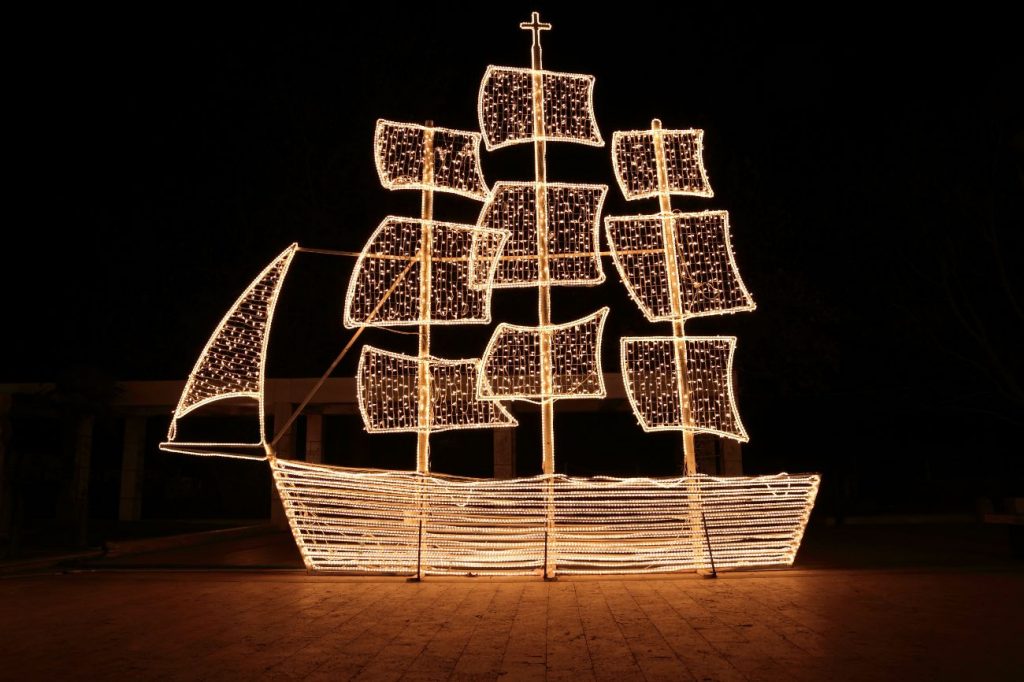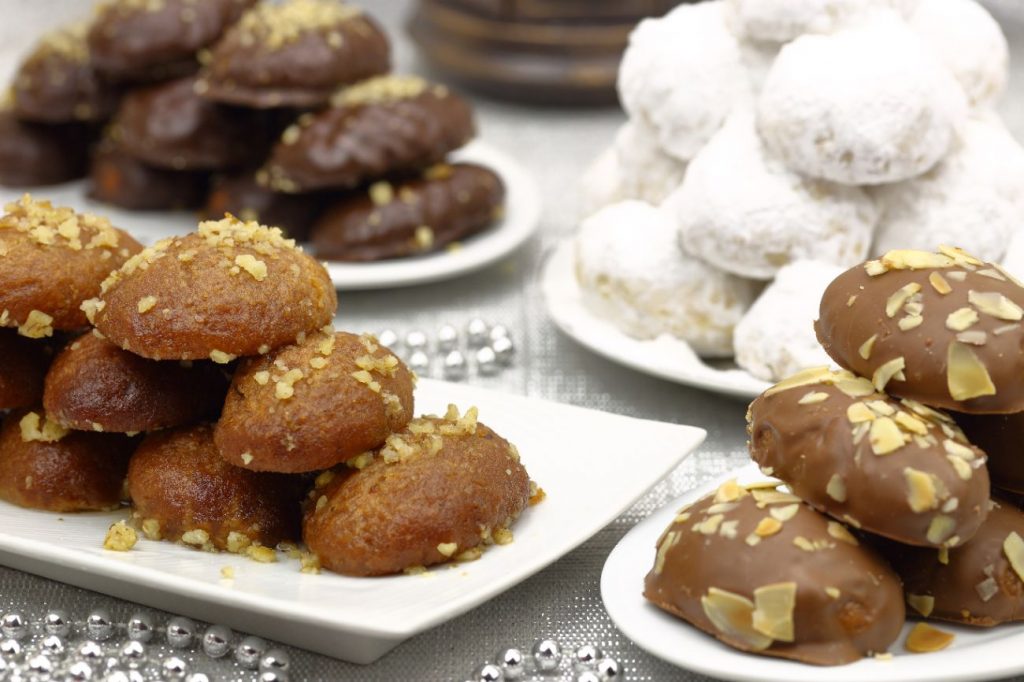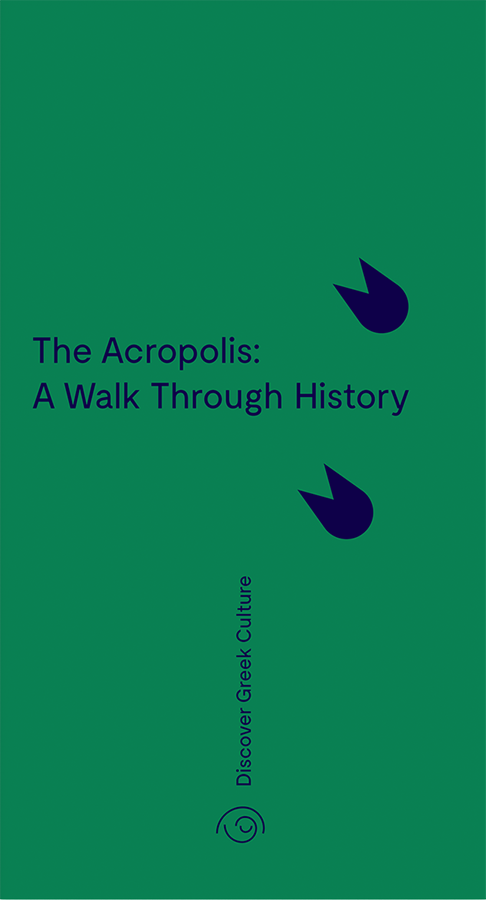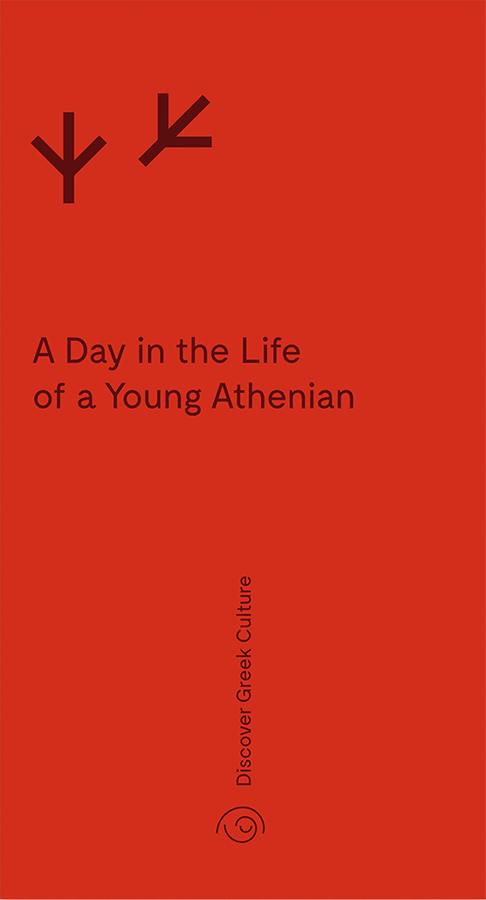Christmas is just around the corner, and as scores of people are looking forward to decorating Christmas trees and wrapping presents, here is a look at some of the things that give the Greek holiday season its special character.

Christmas lights in the shape of ships and sailboats celebrate the Greek tradition that predates the arrival of decorating trees in the country.
Decorating: Trees and Ships
Like much of the world, Greece has adopted the Christmas tree as the most easily recognizable seasonal decoration. Cities, towns, and villages up and down the country adorn their streets and public squares with themed displays, garlands of Christmas lights and impressively decorated trees. In fact, this is a great time of year to take one of many available tours in Athens—each year, the city strives to put up one of the tallest and best Christmas trees in Europe, making the tree in Syntagma Square an attraction in itself. You can read here about experiencing Athens during Christmas.
But before Christmas trees made their way into the popular consciousness, Greeks up and down the country used to decorate miniature sailboats and ships. This custom honors the country’s millennia-old maritime tradition and is no-doubt a nod to Saint Nicholas, the patron saint of seafarers, whose feast is also celebrated in December. Sailboats and ships are still popular in households across the country, and many can also be seen adorning public spaces throughout the mainland and across the Aegean, on islands like Santorini.
Kallikantzaroi: The Malevolent Goblins Trying (and Failing) to Ruin Christmas
According to folklore, the Twelve Days of Christmas are the only time of year when the mischievous goblins known as kallikantzaroi can leave their underground homes in the bowels of the earth and venture out among humans. Always operating under the cover of night, they are said to sneak into homes and cause havoc, misplacing things, spoiling the food, and creating mess and damage.
To ward them off, Greeks would traditionally keep a fire burning overnight or hang a tangled rope of flax by the front door—a trick that was said to keep the dim-witted kallikantzaroi busy till daybreak counting the threads. Another popular ritual, still observed by some today, is to hang a sprig of basil and a wooden cross from a string suspended over a bowl of water and to use it to sprinkle the house with holy water every day. The best results, of course, come from the priests’ blessing of the waters on the Feast of the Epiphany.
The old tales explain that the creatures live below the earth, sawing endlessly at the world tree the whole year round. When Christmas comes and they realize they can roam above ground, they abandon their work to wreak havoc among humans. But when the Twelve Days of Christmas pass and the priests’ blessings drive them below ground again, the kallikantzaroi realize that in their absence, the world tree has healed itself, and so begins another cycle of sawing and resurfucing.
Kalanda: Early-morning Caroling
In Greece, caroling—known as kalanda—is a favorite holiday season activity for children, who walk through neighborhoods in groups, call on houses, and sing traditional festive songs. These are accompanied by music from triangles and talk about the birth of Christ and bringing good tidings to the household. In some places, it is customary for the children to carry with them a decorated model boat. Traditionally, children who sang well would be rewarded with sweets and nuts, but today it is customary to give them small sums of money. Kalanda are sung on three separate occasions: 4 December, 31 January, and 5 January. What makes the activity particularly unusual for visitors is that the singing of kalanda tends to take place quite early in the morning.
Whether traditional or chocolate-covered, melomakarona and kourambiedes are the two most beloved of the Greek Christmas treats.

Seasonal Treats: It’s All About the Cookies
Greeks love good food, and the holiday season is just the excuse to go the extra mile and prepare a host of scrumptious dishes for a family feast. Traditional meals center around roast pork or lamb, with a spread of pies and salads to accompany it, although many also opt for a Western European style réveillon, an often more formal affair that focuses on French-inspired cuisine. The one thing that everyone agrees on, however, is that the best, most irresistible treat to be had around the holiday season is Christmas cookies.
Among all the sweets that are available this time of year, the most beloved by far are diples, kourambiedes, melomakarona—three words that sound like magic to every Greek’s ears. Originally from the Peloponnese but now popular throughout Greece, diples are made of thin, sheet-like dough that is folded over itself, fried, and then dipped in a honey or sugar syrup and served with a sprinkling of cinnamon or ground nuts. Kourambiedes are small crumbly butter cookies that are coated in fine powdered sugar and are often made with the addition of chopped almonds to the dough. The most distinctively Greek of the three, melomakarona are olive oil cookies that, after baking, are drenched in a syrup made of honey and cinnamon and are sprinkled with chopped walnuts, resulting in delightfully moist cookies with characteristically Greek flavor.
Boasting its own, distinctive Christmas traditions and combining them with the renowned hospitality of its people, Greece an ideal alternative for a great Christmas holiday. Whether you are hoping for a white Christmas in the quaint mountain villages near Delphi or around the Peloponnese, you want to visit the Greek islands for a decisively different Christmastime experience, or you want to enjoy a festive take on Thessaloniki or Athens, Greece is guaranteed to charm you with its distinctive Christmas traditions and celebrations.
Want to see it all? Get in touch with a member of our team to request a custom itinerary—a tailor-made private tour of the best Christmas destinations in Greece.






